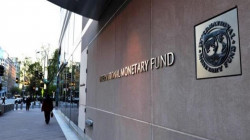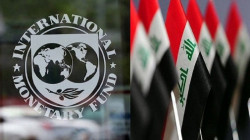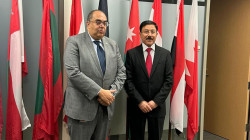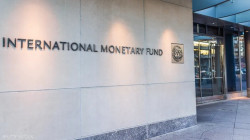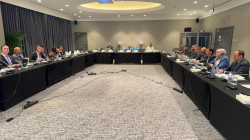IMF Director expresses concern over Middle East conflicts at WGS
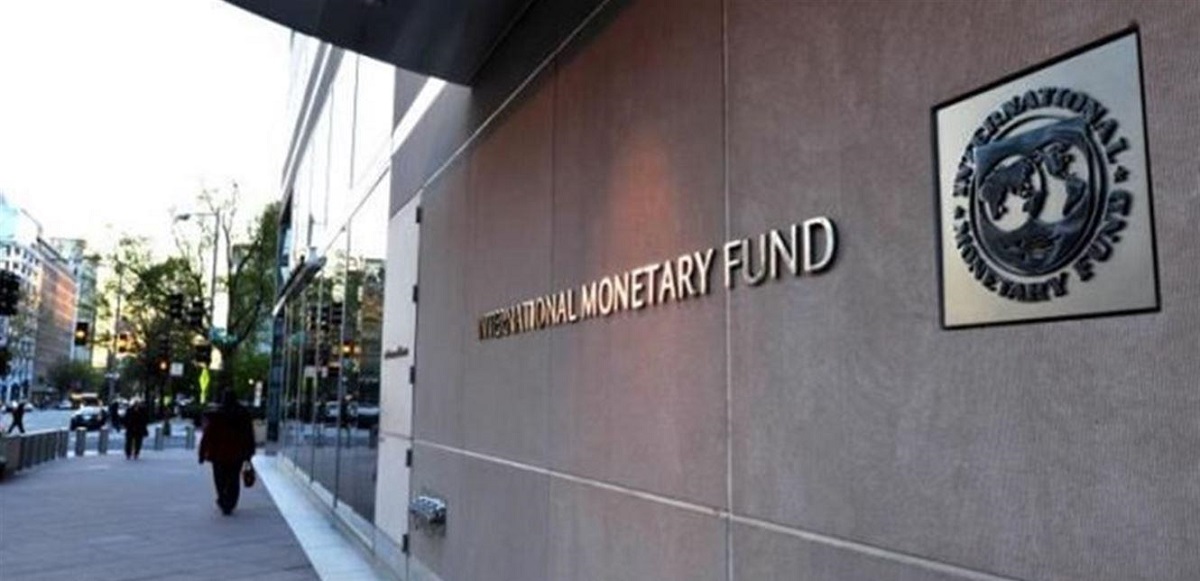
Shafaq News / During her address at the World Governments Summit (WGS) in Dubai, the International Monetary Fund (IMF) Director Kristalina Georgieva expressed her concerns regarding the widening scope of conflict in the Middle East, which could exacerbate global economic damage.
Georgieva emphasized that the global impact of conflicts in the Middle East is evident in rising shipping costs, decreased traffic volume through the Red Sea, and the downturn in tourism in neighboring countries.
Furthermore, Georgieva announced that the IMF is closely monitoring the financial effects of conflicts in the Middle East on a global scale. Tomorrow, the IMF will release a document revealing that gradual energy subsidy reforms could save $336 billion globally, equivalent to the economies of Iraq and Libya combined.
She clarified that gradual energy subsidy reforms would reduce pollution, improve social spending, and support a reduction in global inflation rates by 2024.
The IMF recently lowered its growth forecast for the Middle East and North Africa region this year by 0.5 percentage points to 2.9%, down from 3.4% in previous October estimates. This adjustment is attributed to factors such as conflicts, including the Gaza conflict, oil production cuts, and continued stringent policies across various economic sectors.
Earlier this year, the IMF published a report titled "Middle East and North Africa: Conflict Compounding Economic Challenges", highlighting how the conflict in Gaza and Israel poses another shock to the Middle East and North Africa region, adversely affecting economies already facing increasing challenges and uncertainties.
The report anticipated that the region's growth decline, due to conflicts like those in Sudan, along with natural disasters such as floods in Libya and earthquakes in Morocco, will lead to economic slowdowns, with devastating effects on both human and material levels.
